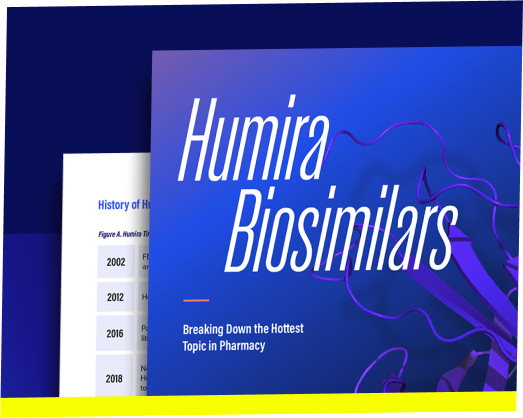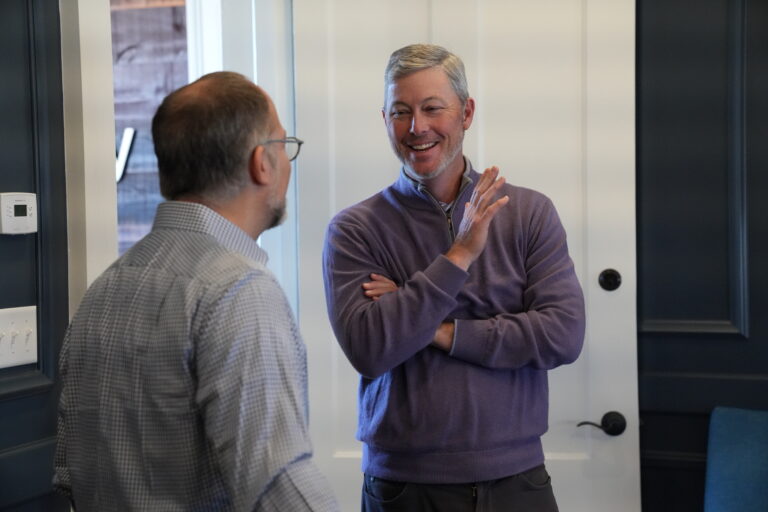WNPR Connecticut Public Radio recently interviewed Goodroot CEO Mike Waterbury during “All Things Considered” about our mission to lower healthcare costs.
In his last question of the interview, host John Henry Smith asks about the $30 billion in healthcare waste spending that Goodroot has committed to eliminate from the system by 2025. This speaks to the core of the Goodroot vision for a healthcare system with greater affordability and access. And the relationship between affordability and access is critical.
One-third of Americans have not filled a prescription for a drug they need because of the cost. When transparency replaces inefficiency in the system, and payers are no longer paying more than they should have to for drugs, that doesn’t have to hurt the healthcare industry. As costs come down, accessibility will increase and make up the difference.
Read more of this March 3, 2021 interview below, edited for length and clarity.
JOHN HENRY SMITH: For Connecticut Public Radio, I’m John Henry Smith. In his budget address last month, Governor Ned Lamont mentioned that private-sector companies in Connecticut are working to lower drug prices.
To talk more about this, I’ve invited Mike Waterbury to the program. He is the CEO of Goodroot, a Canton-based company that he says saves — or has saved employers and consumers $800 million in healthcare costs since 2015.
Mike, what exactly does Goodroot do, and how do you come up with the idea that you guys have saved consumers $800 million in healthcare costs?
MIKE WATERBURY: Goodroot is a family of companies. We have five companies today and we want to bring 20 to 25 companies to do this. We provide transparency and we are looking at alternatives to how drugs are covered at what price. And the more people that we can get using that service and creating leverage in the industry, the more we can show the industry what the true costs are after you take out all the different costs that exist in between a manufacturer and the consumer, and then ultimately have an influence on what drugs are covered at what price.
JOHN HENRY SMITH: How does the drug industry feel about Goodroot and about the work that you and your affiliate companies do?
MIKE WATERBURY: We have a very positive relationship with the pharmaceutical manufacturers. I think they see themselves as sort of taking the brunt of the blame quite often, whereas I think they feel like some of the parties that are in between them and the consumer and the patient are also driving up costs.
So we’re working on some really interesting things to solve some of those problems and reduce cost. And I think the more they can take leadership in that and, as we reduce the cost of a drug, actually bring down the cost of a drug rather than enhance their profit, is really where some of the dialogue is occurring. And so far so good. I think we’re seeing the manufacturers as being a positive influence in trying to help us in our objective to take out $30 billion by 2025.
JOHN HENRY SMITH: If you’re taking out that much money from the system — I mean, that’s a lot of money.
MIKE WATERBURY: Yeah.
JOHN HENRY SMITH: So where is that money coming from? Is that coming from the bottom line of these drug makers? And if that’s the case, they can’t be happy about that.
MIKE WATERBURY: When you improve access, obviously, you improve how much of the drug is being purchased. That’s something drug manufacturers want. But I think a lot of the dollars that we’re talking about will come out of the profitability of the entities that are between the manufacturer and the patient. There has to be a commitment to reduce pricing.








